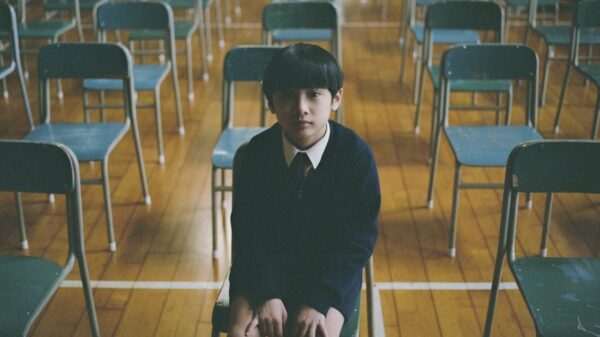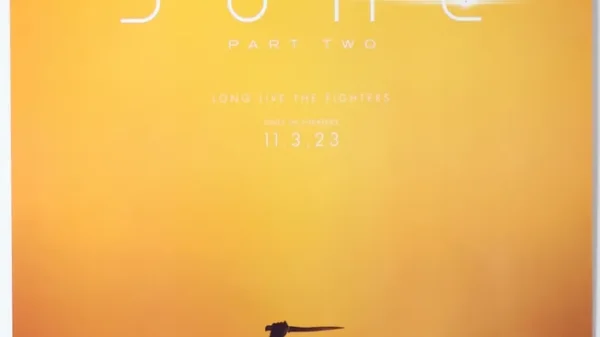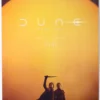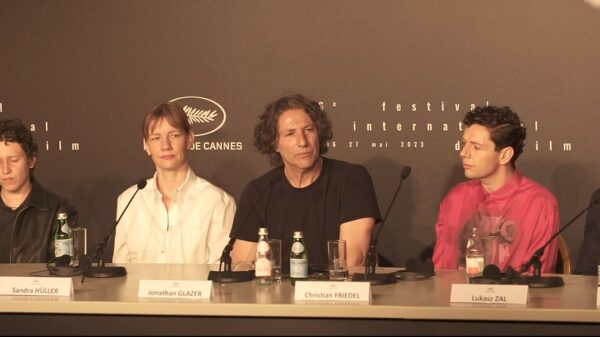Culture’s Choice is a series of articles where Roar’s culture writers share their reflections and recommendations of their favourite art of 2020.
Scarlett Yu: The Last Hours: Chain of Gold & The Lost Book of the White by Cassandra Clare
Around a decade after the release of Cassandra Clare’s first Shadowhunter series (The Mortal Instruments), Chain of Gold, the first book of a new trilogy, has set its foot under the global spotlight. The book is a mix of romance, action, and medieval fantasy. Set in Edwardian London, it centres around the supernatural events of Cordelia Carstairs diving into a dangerous world of glamour and lust. For those who aren’t familiar with Clare’s Shadowhunter books, they are an epic series tracing the adventures of half-blooded angel families who have existed for centuries. For me, the Shadowhunter chronicles represent not just a place for readers to daydream, but a significant memory that carries along my teenage years. I had been twelve years old then, but the excitement I feel every time I return to Clare’s fictional world still lingers.
Following the trilogy about the much-loved couple, Magnus Bane and Alec Lightwood, to the Shadowhunters world comes the second book of the series, The Lost Book of the White, which Clare so vividly pictures with her beautiful writings and masterly constructed storylines. The book follows the peaceful lives of the married couple in modern day New York up until an unexpected intrusion pulls them into a thrilling adventure that stretches into the deep realms of demons. Sinister forces surge forth, long forgotten memories unfold, and critical trials emerge in the midst of the battle.
This book will be a great choice for readers who are interested in getting a deeper taste of Clare’s Shadowhunters novel. They will not only get a glimpse of familiar characters but also savour the beauty of Clare’s fantastic setting. Definitely a light-hearted read to go through if you’re still holding on to the legacy of Shadowhunters.
Samuel Teale Chadwick: Transcendent Kingdom by Yaa Gyasi & Fracture: Stories of How Great Lives Take Root in Trauma by Matthew Parris
‘What is the point of all this talk? What problems do we solve by identifying problems, circling them?’ asks Gifty in Yaa Gyasi’s novel Transcendent Kingdom. Having moved from Ghana as a child, Gifty researches the nature of addiction at Stanford, where she lives with and cares for her bedridden mother; her father returned to his homeland, her brother died. The story is often characterised by a sense of dramatic irony arising from her battles being unknown by others in her life. On the rare occasion she confides in a lab mate, she says that her story would make a really good TED talk.
Any reader’s affinity with the protagonist will perhaps be akin to the ‘strange sense of kinship’ felt towards poet Gerard Manley Hopkins during her deeply uneasy undergraduate days. A scientist at heart, Gifty says: ‘Most of the time I work, I begin with the answers, with an idea of the results,’ and recalls the words of an old biology teacher, to ‘Try. Experiment. Ask a ton of questions.’ An enriching, engaging, and moving read.
What do Lincoln, Lenin, and Lennon have in common? The BBC’s Great Lives, which first aired in 2010, is a great concept for a podcast. That its spinoff Fracture was ‘a long time in the making’ is unsurprising; author Matthew Parris explores the common strand of traumas with sensitivity and veracity. This is a litany of tragedies in the lives of various successful figures, who seemingly became all the more so as a reaction to it. Rather than a book about great figures who happened to suffer, I personally see this as a book about people who endured those experiences but (not and) were able to go on to do great things. They created their own equal and opposite force, an unapologetic assertion of existence, brilliance, even. A good number of the subjects were not interviewed at all, or at least in the up-close and personal way we know these days. This is why I was sceptical at first. But Parris avoids speculation and acknowledges the potential for misinterpretation. This is a significant book full of insights through the lens of past biographers.
Kate Palos:Â Midnight Sun by Stephenie Meyer
Midnight Sun is the long-awaited (twelve years, to be exact) companion novel to Twilight, written by Stephenie Meyer. This book brings Twihards back to our youth when all that consumed everyday life was #TeamEdward or #TeamJacob with no global pandemic in sight. Although Midnight Sun cannot be renowned for its literary prowess, it scores an impressive 3.79 on Goodreads.
With an overwhelming 658 pages, the novel retells Twilight from Edward’s perspective. Unfortunately, this means that if you have read Twilight before, you already know the plot. This isn’t necessarily a negative, as who wouldn’t want to revel in some nostalgic comfort reading spiced up with Edward’s point of view? The fact that Robbert Pattinson himself (despite his hatred of the franchise) was given chapters to read, qualifies the book as one of the best books of 2020.
To some people’s horror, Midnight Sun does surprisingly work as a stand-alone book. Yes, it is teen fiction, and yes, it is cringy to say you are reading it in your mid-twenties, but it can’t be a mistake that over one million copies have sold since it was released in August. Midnight Sun is for those who said they hated Twilight but secretly had a mug with Edward’s face on it.
Alex Blank:Â Hurricane Season by Fernanda Melchor (transl. by Sophie Hughes)
Sophie Hughes’ English translation of the 2017 Fernanda Melchor’s Hurricane Season, published in 2020, is a murder-mystery stream of consciousness. The novel begins with a discovery of a body belonging to a murdered woman referred to as the Witch, which creates a whirlwind of violent and graphic stories of the story’s small town inhabitants, as we move layer by layer, from character to character, to get to the uncomfortable yet inevitable resolution of the crime.
The imagery of strong winds and witches might bring The Wizard of Oz to mind, but the only thing melting in this book is a sense of grounding beneath our feet. With beautiful though disturbing language, Melchor uncovers the echoes of femicide in Mexico, as represented in the novel’s village, La Matosa. In the guise of a magical realist style, we tread pages that are silent and intense, with no paragraphs and little dialogue, only an ongoing sense of unease and a dead body that reveals the interconnectedness of the enclosed claustrophobic spaces in the novel’s village.
The book is not an easy read, but I recommend it to those who are willing to get swept off their feet by the novel’s hurricane prose.


















